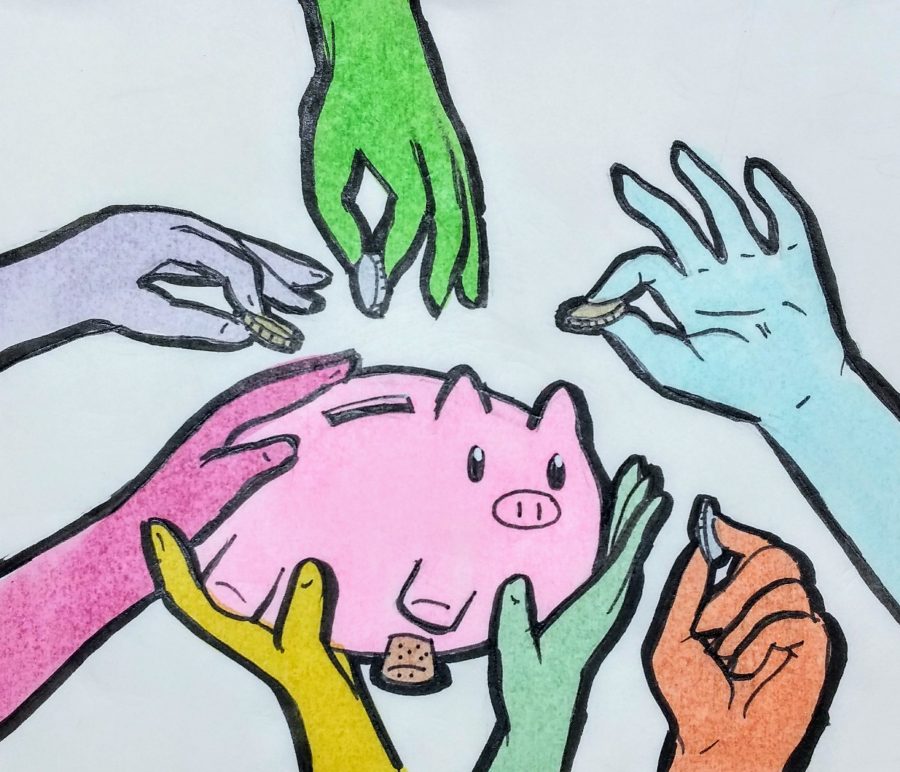Life is expensive. Saving is not. For half the cost of a Starbucks coffee a day, you could end up with a quarter of a million dollars.
Here’s how: Starting at age 20, save $1,000 a year in a special type of account. Let’s say you save only until age 30 with an eight percent return. Fast forward to age 65. That $10,000 that’s been sitting untouched for 35 years has now grown to $231,323.
“That $1,000 a year is $2.74 a day. That’s like half of a Starbucks. That just shows the importance of starting early,” said Chris Brown, Certified Financial Planner with Houston Asset Management.
This is an example of what an Individual Retirement Account or a 401(k) account can do for you — transforming your pocket change into hundreds of thousands of dollars. With the possibility that Social Security will be unable to fully support Millennials and Generation Z, experts, including Brown, are urging students to start saving for retirement right now.
But what are IRA and 401(k) accounts?
According to the Wall Street Journal, a 401(k) is a retirement savings account you can only get through an employer. An Individual Retirement Account, or IRA, is a retirement savings account that anyone who makes money can create.
Most students will probably not be able to contribute to a 401(k), an account typically accessible only to full-time employees, but students can and should set up an IRA.
Take the hypothetical scenario from before. Say you waited to start your IRA until age 30, and this time, you invested the $1,000 every year but for 35 years. At age 65, at the same return, you only have $186,102. That’s $45,000 less than before even though it’s 25 years more. You saved more but made less because you started later.
Marketing junior Chottie Hamilton knows, firsthand, the importance of saving early for retirement. She started her IRA in high school.
“It’s worth a sacrifice now, knowing one day wherever I may be whether it’s with a family or by myself … that I’ll be in a position where I won’t have to worry quite as much, and I’ll be a little bit more comfortable,” Hamilton said.
Hamilton, who invests 10–15 percent of her salary into her account, also said that saving can be difficult, especially when surrounded by classmates who don’t.
But delaying only makes it harder. When we graduate and start working full-time jobs with full-time salaries for the first time, the harder it will be to deny ourselves the material spoils of our professional victory. The difficulty of saving increases drastically as marriage, family and mortgage enter the already tightly packed picture.
“It’s the psychology of starting to put away, so students get used to not living on every penny they earn,” Brown said.
Investing is as much psychological as it is financial. The greatest threat to your retirement is you.
If you’ve ever contemplated your future while eating leftover fried rice over your sink with a plastic fork, it’s the perfect time to start investing. Don’t wait until you graduate. Every year you wait, you miss money. Every investment you make is a gift to your future self. An IRA is the closest a person can get to having a money-growing tree.
Because of your saving, when you do hit retirement, you could be on a European vacation with your significant other and your debt-free, college-aged children.
Leftovers now, and luxury later. In a culture of hares, be a tortoise.
Laughead is a journalism junior from Houston.


















